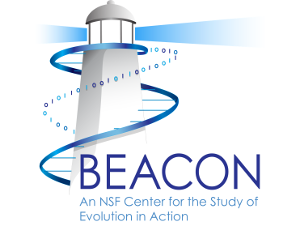
BEACON Center for the Study of Evolution in Action
The BEACON Center for the Study of Evolution in Action approaches evolution in an innovative way, bringing together biologists, computer scientists, and engineers to study evolution as it happens and apply this knowledge to solve real-world problems.
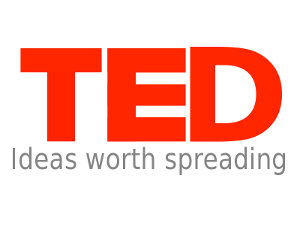
TED
TED is a global community, welcoming people from every discipline and culture who seek a deeper understanding of the world. TED.com is building a clearinghouse of free knowledge from the world's most inspired thinkers — and a community of curious souls to engage with ideas and each other, both online and at TED and TEDx events around the world, all year long.
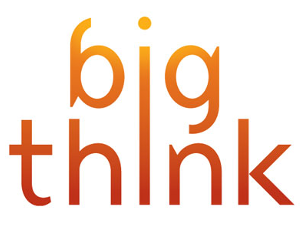
Big Think
Every idea on Big Think comes from our ever-growing network of 2,000 Big Think fellows and guest speakers, who comprise the top thinkers and doers from around the globe.

Nutonian
Nutonian is the Robotic Data Scientist™ - providing answers to big data questions you never knew to ask, automatically.

IBM Watson
IBM Watson is a cognitive system enabling a new partnership between people and computers. It uses natural language processing and machine learning to reveal insights from large amounts of unstructured data
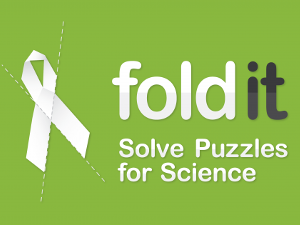
Foldit Solve Puzzles for Science
Foldit is a revolutionary crowdsourcing computer game enabling you to contribute to important scientific research. Foldit attempts to predict the structure of a protein by taking advantage of humans' puzzle-solving intuitions and having people play competitively to fold the best proteins.
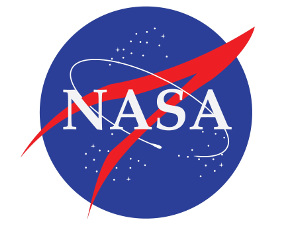
NASA Citizen Scientists
Citizen Scientists have helped to answer serious scientific questions, provide vital data to the astronomical community, and have discovered thousands of objects including nebulas, supernovas, and gamma ray bursts. NASA supports several resources which may be of interest to amateur and professional scientists alike.

Wolfram Alpha
Wolfram Alpha introduces a fundamentally new way to get knowledge and answers— not by searching the web, but by doing dynamic computations based on a vast collection of built-in data, algorithms, and methods.
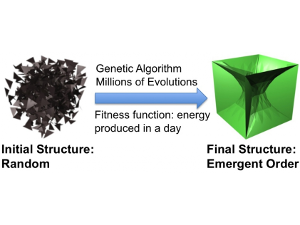
3-D shapes covered in solar cells could produce more power than flat panels, MIT researchers find.
Flat solar photovoltaic panels are becoming more widespread, but the power they produce varies over the course of the day as the sun’s position changes — unless the panels are mounted on tracking systems to keep them pointed sunward, which adds complexity and expense.
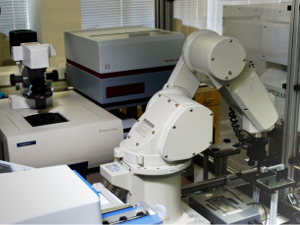
Towards Robot Scientists for autonomous scientific discovery
A system which uses techniques from artificial intelligence to automate all aspects of the scientific discovery process: it generates hypotheses from a computer model of the domain, designs experiments to test these hypotheses, runs the physical experiments using robotic systems, analyses and interprets the resulting data, and repeats the cycle.
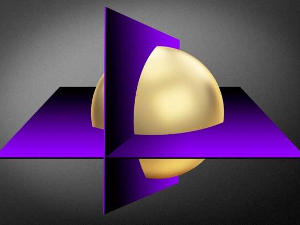
New general-purpose optimization algorithm promises order-of-magnitude speedups on some problems
This week, at the IEEE Symposium on Foundations of Computer Science, a trio of present and past MIT graduate students won a best-student-paper award for a new "cutting-plane" algorithm, a general-purpose algorithm for solving optimization problems.
